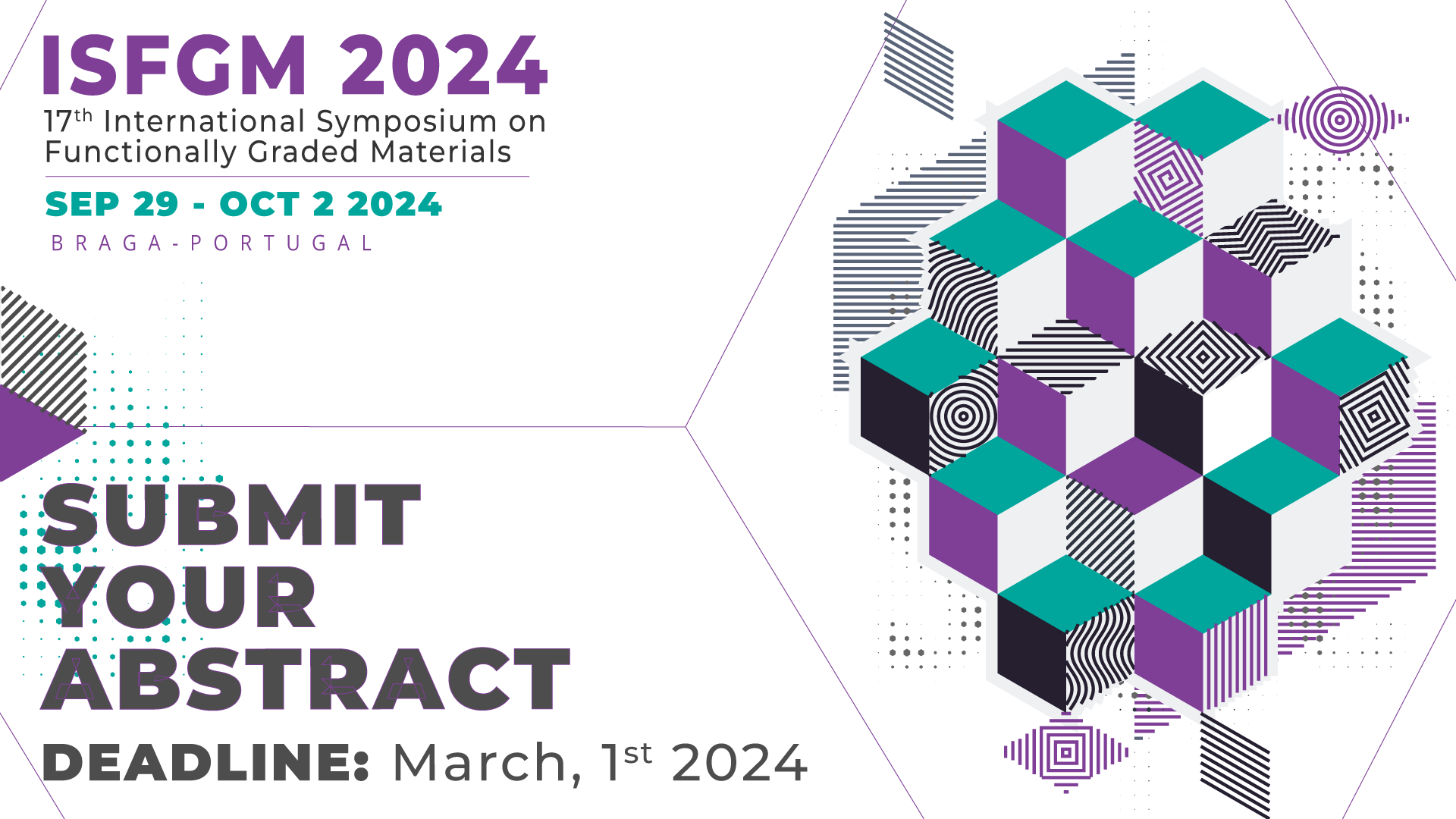In the realm of Science, Technology, Engineering, Arts, and Mathematics (STEAM), the contributions of women have historically been undervalued and underrepresented. However, as the landscape of these fields continues to evolve, so too does the role of women within them. At INL – International Iberian Nanotechnology Laboratory, we believe in fostering an inclusive environment where all voices are heard and celebrated. To gain insight into the experiences of women working in STEAM fields at INL, we reached out to some of our esteemed female researchers. Their perspectives shed light on the challenges they’ve faced, the triumphs they’ve achieved, and the evolving dynamics within their respective disciplines. From groundbreaking scientific discoveries to innovative engineering solutions, these women are driving progress and shaping the future of STEAM. Join us as we celebrate the International Day of Women and Girls in Science, celebrated on 11 February, implemented by UNESCO and UN-Women and delve into the stories, insights, and aspirations of the remarkable women researchers at INL, highlighting their invaluable contributions and inspiring journeys in the world of STEAM. So… what is it like to be a woman working in STEAM (Science, Technology, Engineering, Arts, and Mathematics) fields? Alexandra TeixeiraAssociate • Medical DevicesIt means facing […]
Read more


